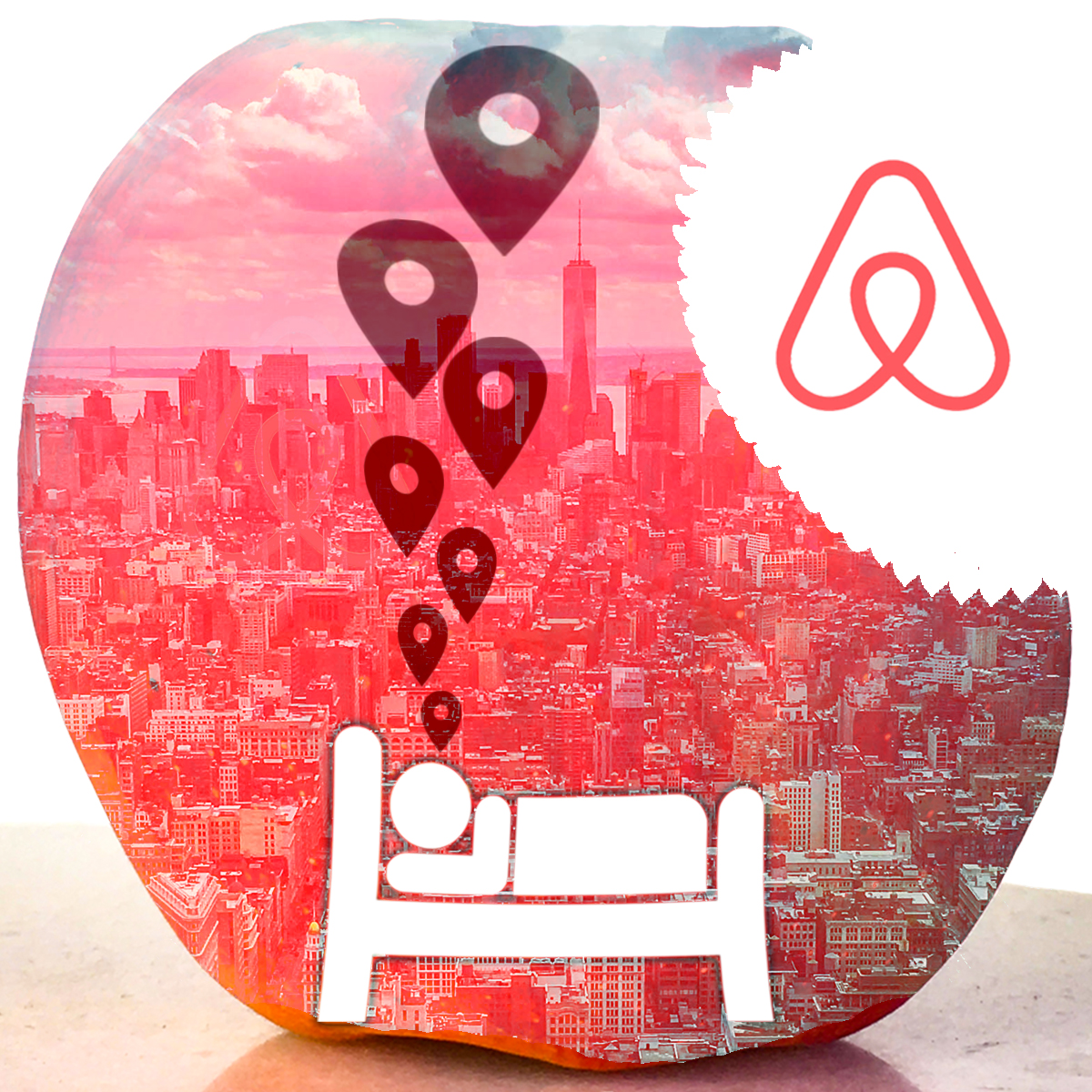Airbnb And The Limits Of Urban Tourism
The emergence of Airbnb as a disruptive element in hospitality and real estate is truly unprecedented.
With an estimated 150 million users worldwide as of June 2018, it has monetized thousands of housing spaces for property owners, while providing affordable or geographically convenient options for visitors.
By connecting travelers to rooms in desired locations, Airbnb has allowed tourism to flourish in places where hotels are either cost-prohibitive or simply unavailable.
This platform has also created a new form of “social tourism”, where hosts and visitors are given reviews and ratings as means to establish trust between parties. Airbnb’s concept has become so popular that it faces competition from other popular vacation rental sites.
At the same time, this success has contributed to a contentious issue: rising rents in neighborhoods where Airbnb spaces are highly coveted.
Unaffordable Housing
For landlords, short-term visits tend to be much more lucrative than renting housing units on a monthly basis to tenants. Accordingly, it has become common practice for people who own or lease apartments (or even entire buildings) to offer them purely as Airbnb options.
Particularly in densely populated areas, the housing supply is thus diminished, and higher rents can suddenly become unaffordable for many.
In addition to other forms of real estate speculation, this phenomenon is forcing long-time residents out of their neighborhoods, which has become a tremendous problem in populous cities.
Putting a Price on Density
Barcelona is estimated to have over 9,000 units listed on Airbnb and other short-term rental sites.
Barcelona is a prime example of the tension between an innovative, highly sought solution such as Airbnb, and the consequences it can inflict on housing availability.
The city has already introduced a measure named PEUAT to make Airbnb listings subject to a limited number of licenses, implementing strict caps in the densest areas.
Certain zones of the city are so saturated that if an Airbnb license is not renewed in one of them, it cannot be given to someone else in the same vicinity: it must be awarded to someone in a low-density zone.
This would direct future Airbnb units toward neighborhoods where more tourism would have a low impact on rents, rather than the opposite.
"Overtourism"
This measure reflects a growing backlash against "overtourism." In recent years, places that draw millions of tourists have become increasingly crowded and polluted, to the detriment of their residents, ambience, and environment.
With a critical mass of housing units being dedicated to short-term rentals, it would be irresponsible to neglect the impact of unchecked tourism on thousands of locals and their housing circumstances.
Managing the viability and impact of rental applications is a complex, multi-dimensional task. But as many cities find themselves struggling with affordable housing shortages, homelessness, and urban sprawl, it is imperative to work toward novel strategies that encourage effective pricing mechanisms and a transparent, dynamic distribution of licenses.
The case of PEUAT in Barcelona shows how density-focused strategies can be a new mechanism for “congestion pricing” in cities where space has become scarce, in addition to mitigating the strain of tourism on renters, city services, and public utilities.
The calculus for the tourism industry has changed: for many renowned destinations, increasing the annual number of tourists is no longer a desirable objective. In the age of Airbnb, quality and sustainability are priorities to uphold in the long term.






